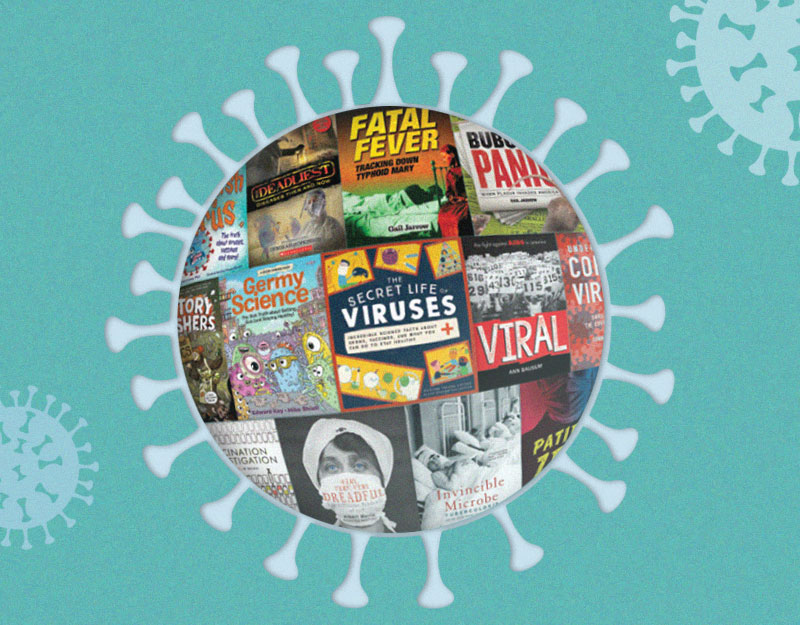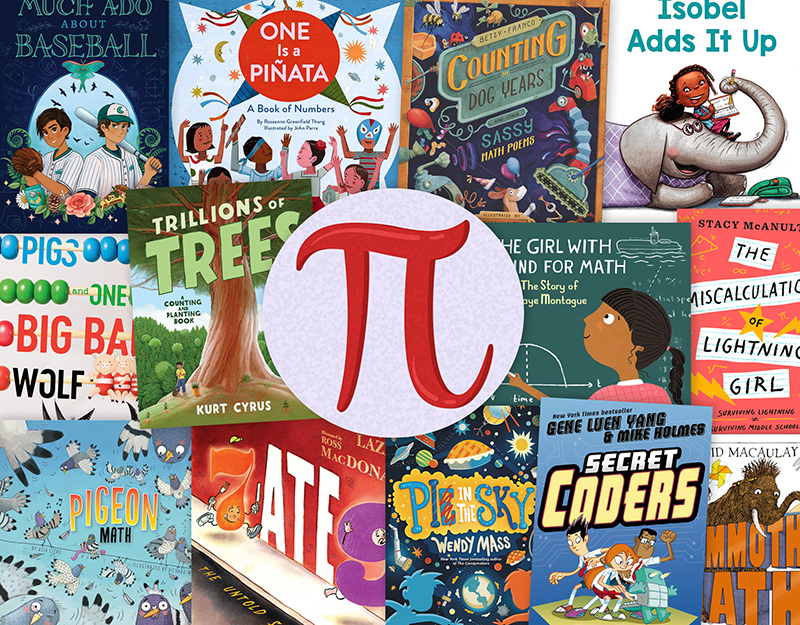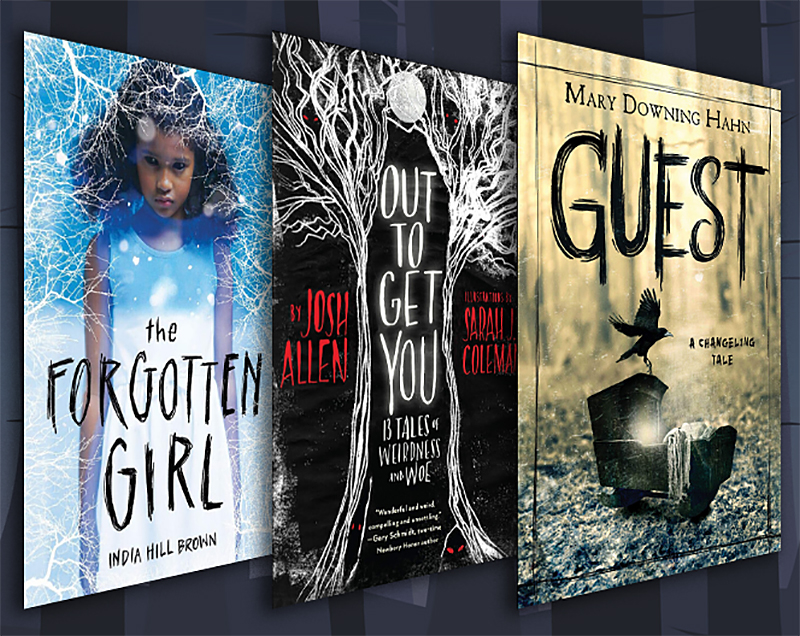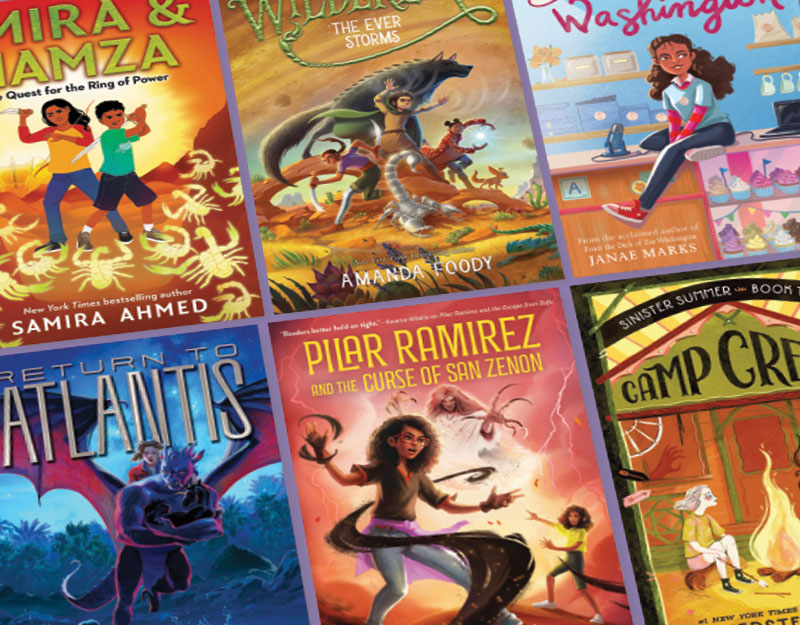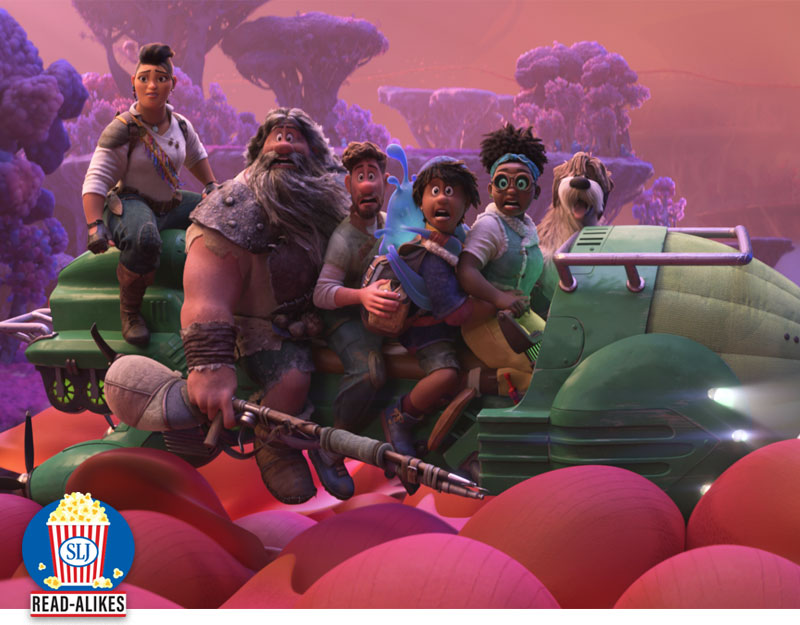Inclusion Doesn’t Always Mean Representation, a guest post by Chaz Hayden
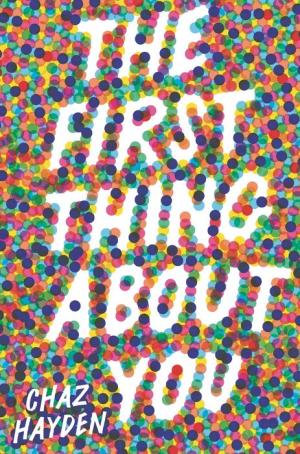
Leading up to the publication of my debut book, The First Thing About You, everyone I meet asks me the same question: What’s it about?
It’s an honest question and probably deserves more of an honest answer than my usual rambling, which always turns out to be a pretty terrible elevator pitch. I tend to say something along the lines of “The story is about a teenage boy named Harris who has the same disability as me and he’s starting at a new high school and just trying to figure out how to make friends and who he wants to be in this confusing world.” On second thought, maybe that’s not such a terrible elevator pitch.
But my answer usually leaves me feeling a little empty, like I haven’t fully expressed what this book and the characters mean to me. Because when someone asks me, “What’s your book about?” what I really want to say is, “Well, it’s about a lot of things.”
ADVERTISEMENT
ADVERTISEMENT
Most importantly, though, it’s about giving a voice, sharing the story of a demographic that is often forgotten or misrepresented. Of course, I’m talking about people with disabilities.
When I started writing The First Thing About You, my intention was not solely to write a disability-centric story about inequality and how inaccessible the world is. I felt if that was at the front of my mind, then I’d be writing from a place of anger. But Harris isn’t an angry person and neither was the story I wanted to draft. However, as a disabled person, I knew I had experiences of dealing with my disability that I felt strongly about sharing both with other people with disabilities and with able-bodied people. Those experiences–finding nurses, navigating relationships, fighting for independence in school–were woven into the fabric of my everyday life and couldn’t necessarily be pinpointed to one act or easy-to-define barrier.
In popular media, such as television and movies, we often see disability portrayed as a pretty generic plot line. The character with the disability is either sick and needs someone to save them, the disability is used as inspiration for able-bodied characters and patronizes the character with the disability, or the disabled character has no story arc and feels like an afterthought or strange aside to the main story.
This happens for a couple of reasons, the primary being that most of these disabled characters are written by someone who isn’t disabled or connected to a disability in some way. Plus, the actors usually aren’t disabled and base a lot of their acting choices on stereotypes.
Another reason disability is portrayed inauthentically is because producers, studios, writers, and activists alike are pushing for more inclusion. I’m all for this, but what I’m not for is inclusion just for the sake of inclusion. When this happens, what’s left are underdeveloped characters and false representation.
The main character of my book has spinal muscular atrophy and much like me (and every other person with SMA), there’s so much more to him than just his disability. I also wanted able-bodied people to understand my character and empathize with his problems on a human level first. A young person with SMA is exactly the same as a young person without SMA. Both have passions and want to experience friendship and love and everything else that comes with being a teenager. That needed to be at the forefront of the story.
But, I’ll admit, balancing the human side of the story and the disability side is a difficult task, even though I have a disability. To help, I ask myself the following question as I’m writing: If I remove the disability from the character, does the story change? The answer to that question should be yes because then it means I’m offering a unique perspective of life that wouldn’t otherwise be there. However, although I may be highlighting the experiences and struggles of living with a disability, I don’t allow the disability to drive the story or identify the character.
It’s not always easy to accomplish and that’s why, for the best possible representation, we need more authors with disabilities to share their stories and filmmakers to not only include people with disabilities behind the scenes, but also cast disabled actors. In my opinion, I’d rather not be represented than be shown disingenuously.
ADVERTISEMENT
ADVERTISEMENT
I guess that’s really what I’d like to tell people when they ask what my book is about. But, again, this is not a disability story. Much like how my main character, Harris, doesn’t want his wheelchair to be the first thing people notice about him, as the author, I don’t want disability to be the only takeaway from my book. Because, just like I say in my elevator pitch, The First Thing About You is about a boy and a girl, and about figuring out who we are.
Meet the author

Chaz Hayden is a debut author who, like his main character, was diagnosed with spinal muscular atrophy as an infant and spent his childhood in and out of hospitals. The First Thing About You, he says, is “not just about disability but about friendship and love and all the things that a young person hopes to experience.” Through his writing and his YouTube channel, he speaks with abundant positivity and encourages people to “Be different. Leave a trail.” Chaz Hayden grew up in New Jersey and now lives in Pennsylvania, where he spends too much time thinking about his next tattoo and what concerts to attend. Follow him on Instagram and Twitter @TheChazHayden.
About The First Thing About You
A high school student with spinal muscular atrophy is determined to reinvent himself in a hilarious and poignant debut from an exciting new voice.
When fifteen-year-old Harris moves with his family from California (home of beautiful-but-inaccessible beaches) to New Jersey (home of some much-hyped pizza and bagels), he’s determined to be known as more than just the kid in the powered wheelchair. Armed with his favorite getting-to-know-you question (“What’s your favorite color?”), he’ll weed out the incompatible people—the greens and the purples, people who are too close to his own blue to make for good friends—and surround himself with outgoing yellows, adventurousoranges, and even thrilling reds. But first things first: he needs to find a new nurse, stat, so that his mom doesn’t have to keep accompanying him to school.
Enter Miranda, a young nursing student who graduated from Harris’s new high school. Beautiful, confident, and the perfect blend of orange and red, Miranda sees Harris for who he really is—funny, smart, and totally worthy of the affections of Nory Fischer, the cute girl who’s in most of his classes. With Miranda at his side, Harris soon befriends geeky Zander (yellow) and even makes headway with Nory (who stubbornly refuses to reveal her favorite color). But Miranda is fighting her own demons, and Harris starts to wonder if she truly has his best interests at heart.
ISBN-13: 9781536223118
Publisher: Candlewick Press
Publication date: 09/06/2022
Age Range: 14 – 17 Years
Filed under: Guest Post
About Amanda MacGregor
Amanda MacGregor works in an elementary library, loves dogs, and can be found on Twitter @CiteSomething.
ADVERTISEMENT
ADVERTISEMENT
SLJ Blog Network
The 2024 Ninja Report: Bleak
A Sequel Coming This Summer That You Won’t Want to Miss: Bob Shea Discusses His Latest
Review| Agents of S.U.I.T. 2
ADVERTISEMENT



